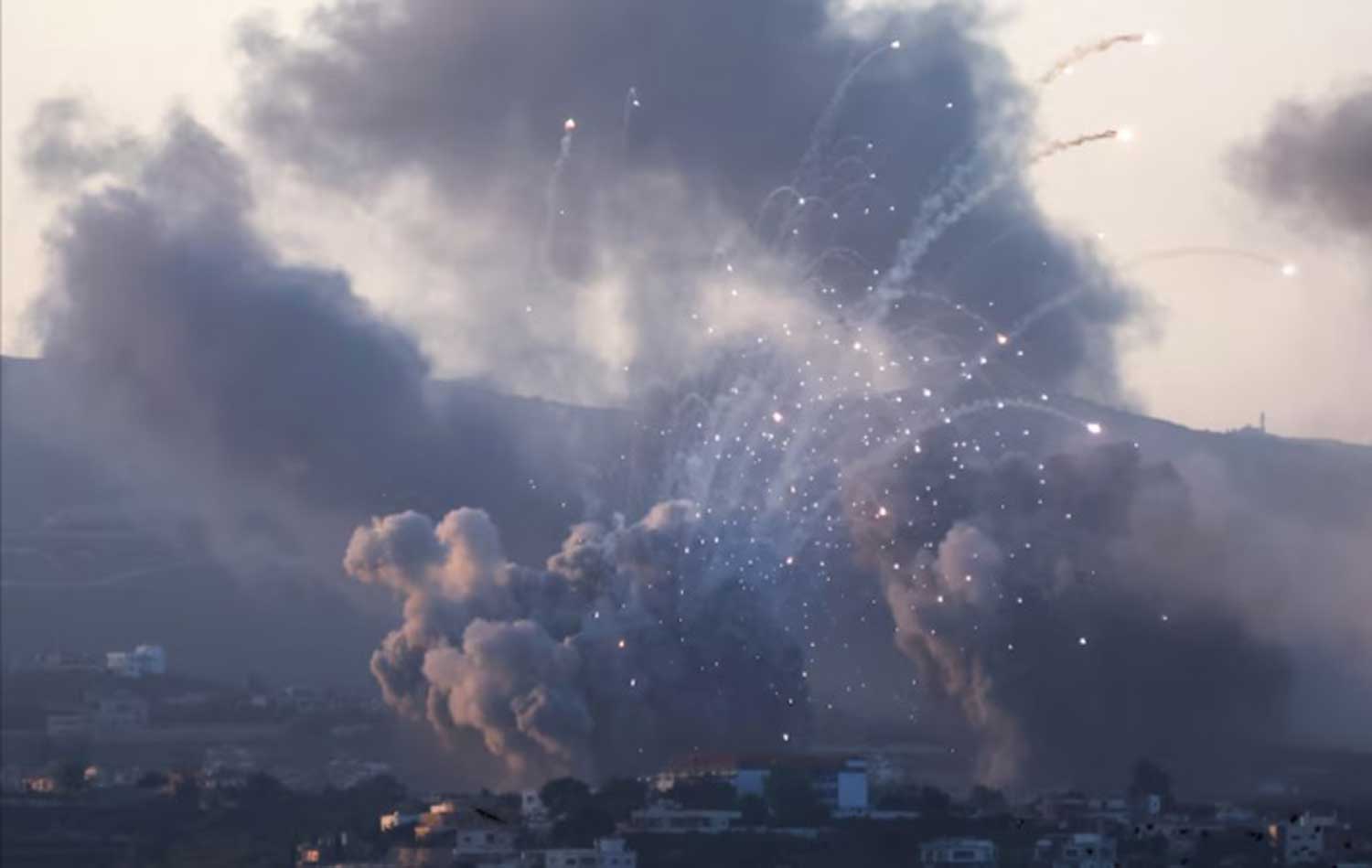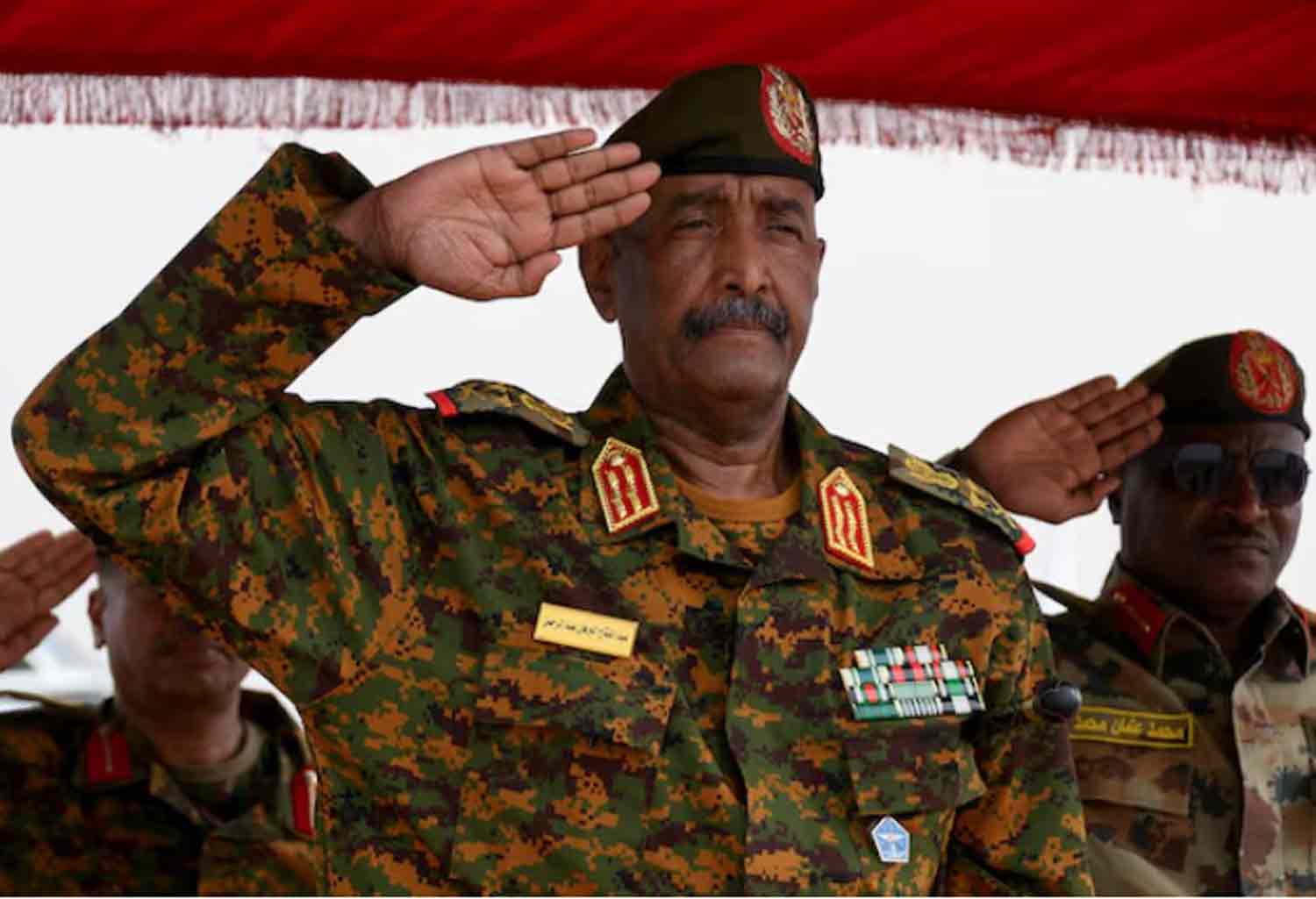Lebanese Prime Minister Najib Mikati has conveyed optimism regarding the possibility of achieving a ceasefire to halt the ongoing conflict between Israel and Hezbollah, which is backed by Iran. This situation has significantly impacted Lebanon and heightened concerns about a potential ground invasion.
The United States, France, and several allied nations have advocated for an immediate 21-day ceasefire along the Israel-Lebanon border, while also supporting a ceasefire in Gaza, following extensive discussions at the United Nations on Wednesday.
Mikati has welcomed this call for a truce but emphasized that the success of such an agreement hinges on Israel’s commitment to upholding international resolutions, especially as it continues to position troops near the Lebanese border. When asked about the likelihood of securing a ceasefire in the near future, Mikati responded to Reuters, “Hopefully, yes.”
Mikati’s caretaker government includes ministers affiliated with Hezbollah, which is widely regarded as the most influential political entity in the country.
The proposed ceasefire would pertain to the “Blue Line” that serves as the boundary between Lebanon and Israel, facilitating negotiations for a possible diplomatic resolution to the ongoing conflict, as stated by a senior official from the Biden administration.
On Thursday, UN Special Coordinator for Lebanon, Jeanine Hennis-Plasschaert, expressed her support for an immediate 21-day ceasefire to create an environment conducive to diplomatic efforts.
Israel has prioritized the security of its northern border and the safe return of approximately 70,000 residents who have been displaced due to frequent hostilities since the outbreak of war in October between Israel and Hamas in Gaza, located on Israel’s southern border.
On Wednesday, Israel expanded its airstrikes in Lebanon, resulting in at least 72 fatalities, according to a compilation of reports from the Lebanese health ministry by Reuters. The ministry also reported that at least 223 individuals sustained injuries.
Israel’s military leader indicated that a ground offensive could be on the horizon, heightening concerns that the ongoing conflict might escalate into a broader war in the Middle East. In recent months, U.S. officials have been in discussions with representatives from both Israel and Lebanon to mitigate tensions, according to a senior official from the Biden administration.
Before a U.N. Security Council meeting on Wednesday, Israel’s U.N. Ambassador Danny Danon expressed that Israel would support a ceasefire and favored a diplomatic resolution. He also informed the Security Council that Iran is at the center of the violence in the region, asserting that achieving peace necessitates addressing this threat.
Global leaders have expressed alarm over the rapidly escalating conflict, which coincides with Israel’s military actions in Gaza against Hamas militants, who are also supported by Iran. The death toll in Lebanon has surged, prompting thousands to evacuate their homes.
This week, Israeli airstrikes have targeted Hezbollah leaders and struck numerous locations deep within Lebanon, displacing hundreds of thousands from the border area, while Hezbollah has retaliated with rocket fire into Israel.
Hezbollah has faced significant setbacks recently, with the assassination of several senior commanders and the destruction of thousands of communication devices used by its members, resulting in casualties. Since Monday, Lebanese hospitals have been overwhelmed with the injured, following Israeli bombings that claimed over 550 lives, marking the deadliest day in Lebanon since the end of its civil war in 1990.
Discover more from Defence Talks | Defense News Hub, Military Updates, Security Insights
Subscribe to get the latest posts sent to your email.





